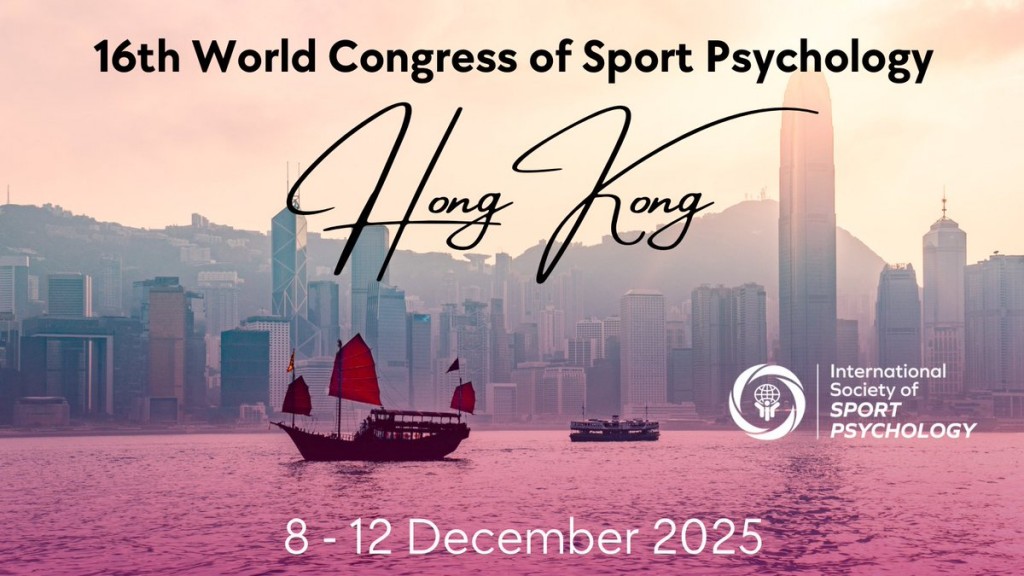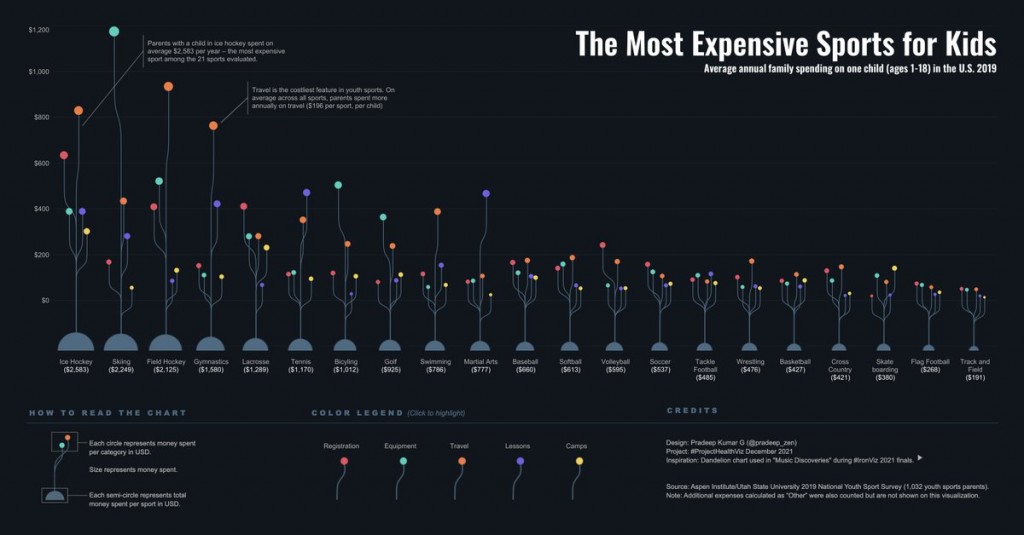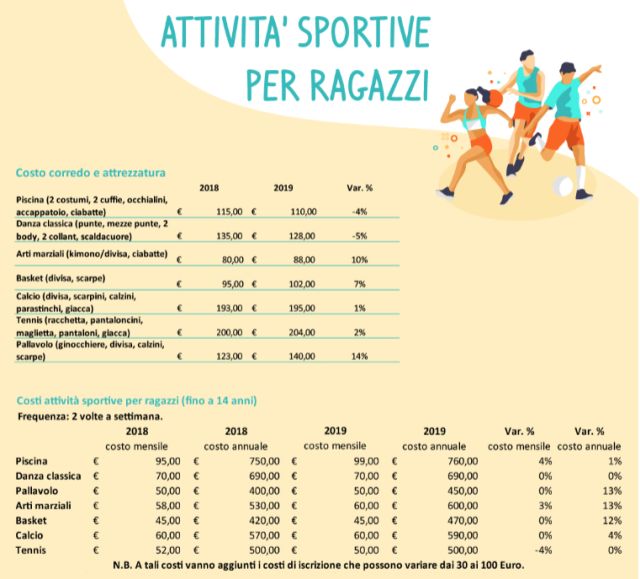Baena-Morales, S., Garcia-Taibo, O., Baena-Extremera, A., Tomás González-Fernández, F. (2023). Physical exercise in natural environments and its influence on directed attention. Education implication. A systematic review. International Journal of Sport Psychology, 54(2), 152-174.
There is sufficient evidence to confirm that practice of physical exercise improves cognitive and emotional performance. This idea is also related to UNESCO’s current trend of establishing connections with its Sustainable Development Goals (SDGs) and educational actions. Furthermore, the relationship of humans with nature seems to produce an improvement in different cognitive variables and specifically in directed attention. The mere presence of the human being in nature produces psychological, well-being and directed attention benefits. However, there is little research on the synergistic effect of physical exercise in natural environments, and how this affects directed attention, as a determining variable in academic performance. The main objective is to show the effect of the physi- cal exercise in natural environments on the directed attention in compar- ison with those performed in urban or built environments. The present systematic review analyzed studies that had evaluated the performance of directed attention when physical exercise in natural environments was practiced. Methods: A systematic review of PUBMED, SCOPUS, SPORTDiscus, and Web of Science databases was performed according to the Preferred Reporting Items for Systematic Reviews and Meta-Analyses (PRISMA) guidelines. Results: Twelve studies met the inclusion criteria of the review. Most of these studies were crossover or controlled trials investigating the effects of short-term exposure in natural environments during physical exercise. There is no consensus on the benefits of the physical exercise in natural environments for the directed attention. The studies provide theoretical foundations that could explain some of the potential benefits. However, more rigorous research is needed to control the variables that may influence the improvement of directed attention.








